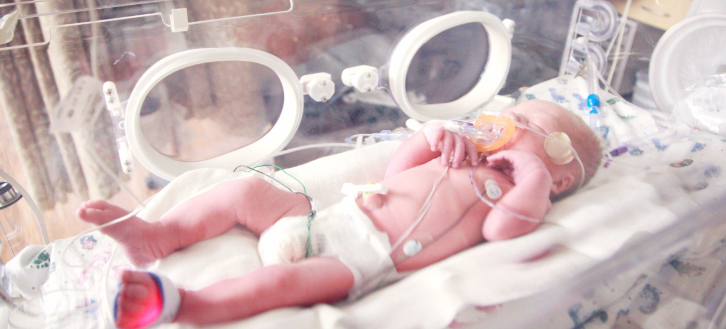The following is a summary of “Utility of the Serum-Based Endoscopic Healing Index in Monitoring Therapeutic Response in Ulcerative Colitis,” published in the March 2024 issue of Gastroenterology by Alsoud, et al.
For a study, researchers sought to assess the performance of the Endoscopic Healing Index (EHI) in monitoring mucosal inflammation in ulcerative colitis (UC) patients undergoing advanced therapy, comparing it with fecal calprotectin (FC) and C-reactive protein.
Serum samples from adult UC patients with active disease (Mayo Endoscopic Subscore [MES] > 1) were analyzed alongside endoscopic data. EHI values were compared among groups showing endoscopic improvement, remission, and nonresponse, defined as MES of ≤1, 0, and >1, respectively. Longitudinal changes in MES were assessed in relation to EHI, FC, and C-reactive protein.
A total of 127 patients provided 303 samples. Median EHI significantly increased with higher MES scores (P < 0.001). Patients achieving endoscopic remission or improvement had significantly lower median EHI than those with no response (P < 0.001, P < 0.001, respectively). A 10-point decrease in EHI correlated with 89% higher odds of a 1-point decrease in MES (P < 0.001). EHI detected MES 0–1 with an area under the receiver operating curve of 77.8%, comparable to FC and C-reactive protein (85.0% [P = 0.076] and 70.6% [P = 0.055], respectively).
The Endoscopic Healing Index is responsive to changes in mucosal inflammation in UC patients undergoing advanced therapy, offering comparable performance to fecal calprotectin and C-reactive protein.
Reference: journals.lww.com/ajg/abstract/2024/03000/utility_of_the_serum_based_endoscopic_healing.20.aspx














Create Post
Twitter/X Preview
Logout